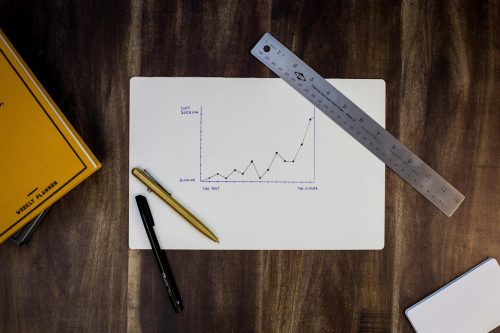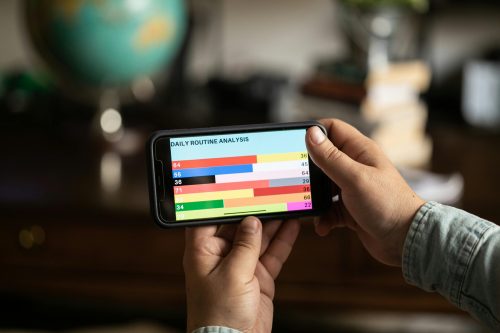The creation of research tools is essential for collecting accurate and reliable data:

A well-defined sampling frame is necessary for selecting a representative sample:

Data screening is essential for ensuring the quality and integrity of the collected data:

Ensuring the reliability and validity of research tools is crucial for obtaining trustworthy data:

Data collection involves gathering information from both primary and secondary sources:

00968-92502569
00968-92502303
00968-95592627
info@grdanalytics.com
grdacompany@gmail.com
Oman, Muscat, Bausher,
wayno.51 , building
no.1/38 .
near Al-Ameen Mosque.

00968-92502569
00968-92502303
00968-95592627
info@grdanalytics.com
grdacompany@gmail.com
© 2024 GRD ANALYTICS. All Rights Reserved.